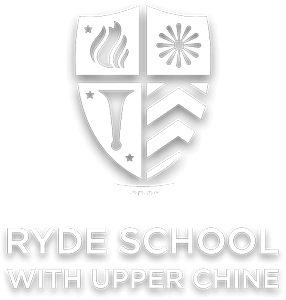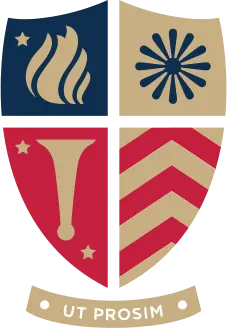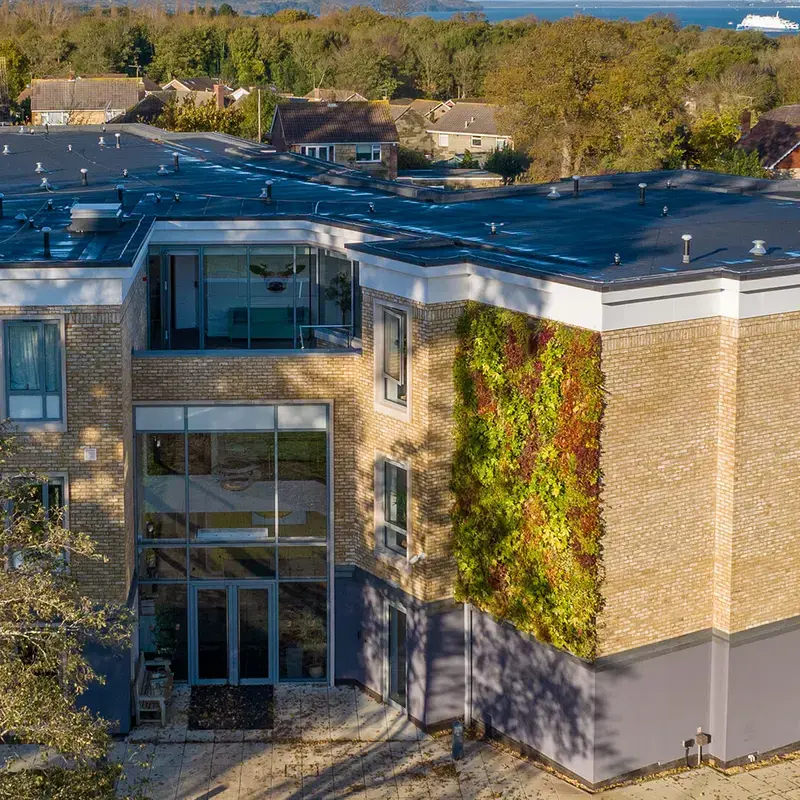ENTRY REQUIREMENTS
For English A, Grade 6 or above in (I)GCSE English Language and English
Literature. For other language A options, please discuss with Director of Learning.
“English in the Sixth Form is about having the freedom to take risks with ideas and being able to use critical skills and has been crucial in establishing my independence and curiosity as a learner.”
WHERE THIS SUBJECT CAN TAKE YOU
Students go on to pursue the arguably unparalleled variety of university courses and careers (such as Law, Linguistics, History, Philosophy, Languages, Journalism, Education, Psychology) for which studying English at this level is a highly valued preparation, including those who continue to read the subject at top UK universities.
AWARD
IBDP & IBCP English A Language & Literature (Studies in Language
and Literature – Group 1)
AWARD – IBDP
Language A Literature (School Supported Self Taught)
(Studies in Language and Literature – Group 1)
COURSE CONTENT/STRUCTURE
The Language A Literature (School Supported Self Taught) course is designed for motivated, independent students to be able to access what is usually their native language and fulfil their Group 1 subject selection to achieve the IB Diploma.
ASSESSMENT
You will be assessed by a combination of written examinations, essays and a recorded oral examination. This range of assessment types allows you to develop skills in analysis, debate and different forms of
communication.
- Paper 1: Guided Textual Analysis (35%)
- Paper 2: Comparative Essay (35%)
- Individual Oral Examination: (30%)
Language A Language & Literature, offered at both Standard and Higher Levels, is at the heart of the IB Diploma and is unique in terms of the variety and combination of texts and topics you study. You will read non-literary texts and literary works, some in translation, from different cultures and perspectives, past and present, and from around the world.
You will also gain a clear understanding of how language, culture and context are intrinsically linked, both to each other, and to the literature that represents them. It will therefore enable you to develop the independence, spirit of enquiry, academic rigour and critical thinking skills that will be invaluable to you in the future, whatever path you choose.
You will be assessed by a combination of written examinations, essays and a recorded oral examination. This range of assessment types allows you to develop skills in analysis, debate and different forms of communication.
Paper 1: Guided Textual Analysis (35% of IB grade; written exam).
Paper 2: Comparative Essay (35% of SL & 25% of HL IB grade: written exam).
HL Essay: Higher Level only (20% of IB HL grade).
Reflective Journal: Ongoing assessment throughout the two year course.
Individual Oral Examination: (30% of SL and 20% of HL grade)
LANGUAGES ACQUISITION
ABOUT THIS COURSE
Languages Group 2 is developed at two levels -Standard Level (SL) and Higher Level (HL). Through the study of the core and the options at SL and HL, plus two literary works at HL, students build the necessary skills for the Language Acquisition. We currently offer French, German English and Spanish to those with previous experience. A further world language such as Japanese or Italian is also on offer as a beginners course at Standard Level only.
ENTRY REQUIREMENTS
HL: GCSE Grade 6 in the chosen language
“I enjoy learning not just how to speak and understand French, but also about the culture of the entire ‘monde francophone’. I really recommend languages for the different perspectives they can give you.”
WHERE THIS SUBJECT CAN TAKE YOU
A qualification in a language will allow access to a wide variety of Higher Education courses. A language combined with another subject will also allow the student to spend anything from one term to one year abroad as part of the course. Language skills are in demand and relevant to almost any career pathway. Typically, languages are combined with a wide range of other subjects in degree courses, thus widening employment horizons in exciting ways. As well as jobs for specialist linguists, there is great demand for foreign language speaking engineers, scientists, business people, marketing specialists, the leisure and tourism sector to mention just a few. With the changing relationships between Britain and the rest of Europe, knowledge of a foreign language is likely to become even more important to strengthen links beyond our time in the EU.
30 MODERN FOREIGN LANGUAGES AWARD – AS PART OF IBDP OR A LEVEL PLUS
Language B (Language Acquisition - Group 2)
Ab Initio (Language Acquisition - Group 2*) e.g. Italian, Japanese
COURSE CONTENT/STRUCTURE
Five prescribed themes are common to the syllabuses of Language B. The themes provide relevant contexts for study at all levels of language acquisition in the IBDP, and opportunities for students to communicate about matters of personal, local or national, and global interest.
The five prescribed themes are:
- Identities
- Experiences
- Human ingenuity
- Social organisation
- Sharing the planet
In addition, the study of two literary works is required at HL.
ASSESSMENT
External Assessment - 75% (HL & SL)
- Paper 1: Writing – 25%
- Paper 2: Listening & Reading – 50%
Internal Assessment: 25% (HL & SL) Individual Oral: 25 %
Why French?
More than 300 million people speak French on the five continents. French is the second most widely learned foreign language after English, and the fifth most widely spoken language in the world. French is both a working language and an official language of the United Nations, the European Union, UNESCO, NATO, the International Olympic Committee, the International Red Cross and international courts.
Why Spanish?
Spanish is the second most spoken language by native speakers in the world, with more than 400 million Spanish speakers in 21 countries. Spanish can be used as a ‘gateway’ to learn other languages. With an ever increasing presence in the global market, emerging economies in the Americas mean that the chance of work and business opportunities from
Spanish knowledge is increasing.
Why German?
German is spoken by 120 million people. It is Europe’s business and most widely spoken language. As well as Germany, Austria, Switzerland and Liechtenstein, it is widely spoken across Europe, especially in Eastern Europe. Germany has the world’s third largest economy and is the number one export nation worldwide. German is the second most commonly used
scientific language. Germany is the third largest contributor to research and development and offers research fellowships to scientists from abroad.
|











